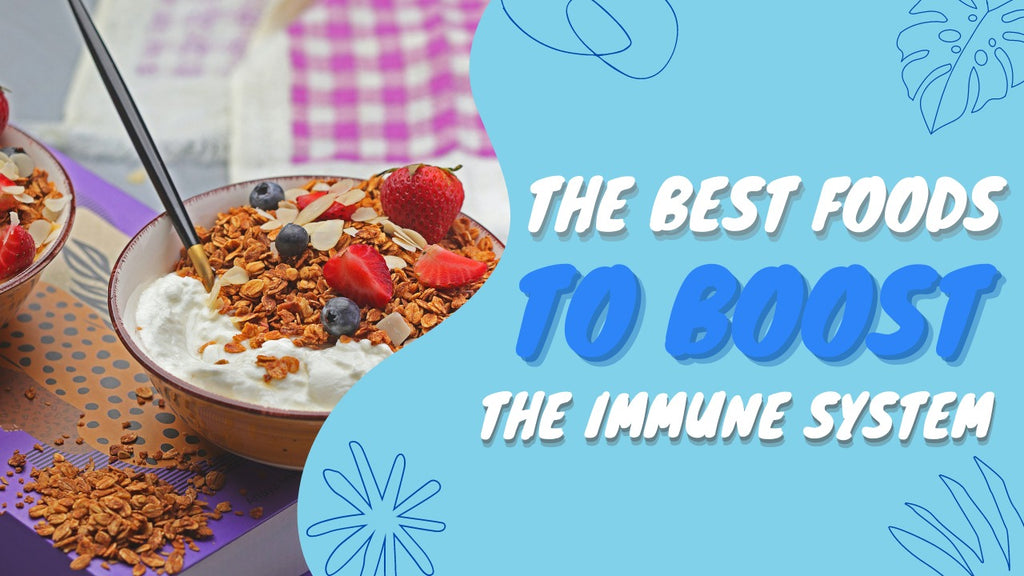
With Covid-19 cases surging in Singapore and the government reinstated the Circuit Breaker, our activities are limited. Even though our actions are limited, we must still maintain our health so that our immune system remains strong. Feeding our body with foods may help keep our immune system strong.
A robust immune system helps to keep us healthy. It can safeguard us from any disease, even the novel coronavirus or COVID-19. While there is neither any vaccine available nor a proven home remedy to protect us from the COVID-19, we can consume some vitamins and foods to help us have a solid immune system and fight infectious disease.
The immune system consists of organs, cells, tissues, and proteins. Together, these carry out bodily processes that fight off pathogens, viruses, bacteria, and foreign bodies that cause infection or disease. When the immune system comes into contact with a pathogen, it triggers an immune response. The immune system releases antibodies, which attach to antigens on the pathogens and kill them.
Incorporating specific foods into your diet may strengthen your immune response. Here are the foods that are shown to fight inflammation and boost immunity.
BROCCOLI
Broccoli may be the most super of superfoods on the planet. It’s rich in vitamin A and C as well as vitamin E. It also contains potent antioxidants, such as lutein and sulforaphane, an excellent vegetable to eat regularly to support the immune system. To get the powerful nutrients intact from broccoli, we must cook it as little as possible or even eat it raw.
CITRUS FRUITS
Most people turn straight to vitamin C after they’ve caught a cold. That’s because it helps build up our immune system. Vitamin c is thought to increase the production of white blood cells, which are vital to fighting infection. Our body does not produce vitamin C, which means we need to get it daily to create healthy collagen, the building blocks for our skin and healing. Vitamin C, also known as ascorbic acid, is a water-soluble nutrient in leafy greens and citrus, especially grapefruits, orange, tangerines, lemons, limes, and clementines. The recommended intake daily for vitamin C is 65-90 mg per day, equivalent to a tiny glass of orange juice or eating a whole grapefruit.
RED BELL PEPPERS
Do you know that red bell pepper contains three times more vitamin C than any fruits or vegetables? Red bell peppers contain almost three times as much vitamin C (127 mg) as a Florida orange (45 mg). Besides vitamin C, red bell peppers are a rich source of beta carotene, a precursor of vitamin A (retinol). Vitamin A is essential for healthy skin, our mucous membranes, and our immune system. Beta carotene helps keep our eyes and skin healthy.
KEFIR
Kefir is known as one of the super probiotic foods. Kefir is a cultured, fermented milk drink similar to yoghurt but thicker consistency, containing live bacteria yeast to spur fermentation. Kefir translated from Turkish and roughly means “Good Feelings”, which refers to the drink’s effect on the body. Unlike yoghurt, kefir isn’t cultured with heat. Instead, you can turn any kind of milk (including dairy or non-dairy) or water into kefir with kefir grains or kefir powder.
GARLIC
We eat garlic in almost every cuisine that we make. Garlic isn’t just a great flavour-enhancer, but it is also essential for our health. Garlic’s immune-boosting properties are tied to sulfur-containing compounds, such as allicin. Allicin is thought to improve our immune cells’ ability to fight colds and flu. Garlic also has anti-microbial and anti-viral properties considered to fight off infections.
